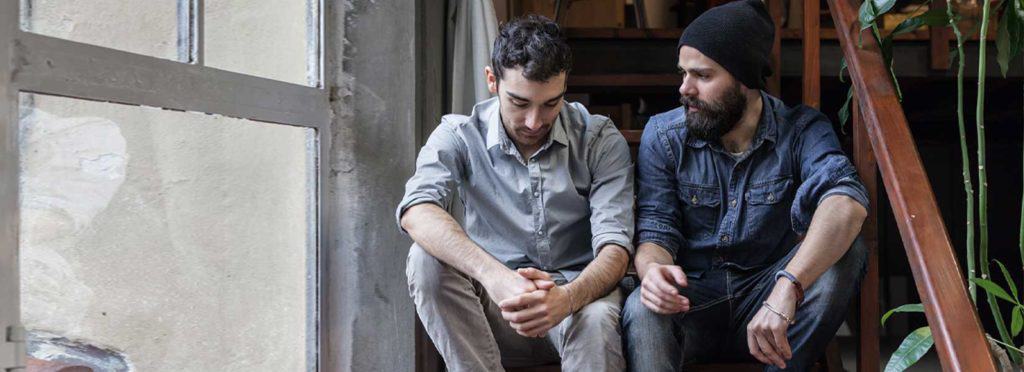According to the National Institute on Alcohol Abuse and Alcoholism, over 22 million people have struggled with some substance abuse; however, only 7% of these individuals went to rehab. Your first-time rehab experience can be daunting. Even if you want to stop using your drug of choice, you might still be nervous about receiving treatment because you don’t know what to expect. Having an understanding of what occurs during a treatment program may help put your mind at ease. To help you prepare, we have compiled this list of five things to expect when beginning an addiction treatment program.
5 Things to Expect
Deciding to enter drug or alcohol rehab is a vital step on your healing journey. For many people, intensive addiction treatment may bring up a lot of questions and concerns. When you have a sense of what to expect, you will be better prepared to begin.
1.Recovery Starts at Check-in
Staff members will typically begin by having you fill out an intake form to find out more about you. This is vital in the rehab process since your customized treatment plan is based on this information.
2.Detox
After the preliminary assessment, you may go through detoxification. Detox is the method of removing alcohol or drugs from your body after extended abuse. Though this might be a challenging process for some, it is critical to rid your body of these substances so that you are ready mentally and physically for the work that lies ahead. No one has the same experience with detox. Based on the substance type, how much you consume, and the length of time you’ve been using, this procedure could take somewhere between three days to two weeks.
3.Therapy
The application of different therapies is expected during the treatment process to help you avoid relapses, control your cravings, and stay clean. During individual addiction therapy, you’ll partner with a licensed addiction therapist for private sessions. In these sessions, you’ll have to take an honest look at your addiction, yourself, and the effect your addiction has had on your mind and body. These introspective sessions are effective in jumpstarting the healing process. Your therapist will assist you in recognizing potential triggers and developing new, healthier coping skills.
4.Family Counseling
Studies have shown that including family in the recovery process considerably improves the likelihood of maintained sobriety. Because of this, several treatment facilities recommend family therapy as part of their program. Family members are frequently affected by their loved one’s addiction. Therapy is a non-judgmental space to air any grievances. Also, family members discover how they might have played a part in your addiction. Acknowledging these painful, complex relationships is a vital part of the healing process.
5.Aftercare Planning
Once you’ve successfully completed an addiction treatment program, you and an aftercare coordinator work together to determine the next best step according to where you are in your recovery journey. Participating in aftercare is shown to reduce substance relapse drastically. This makes it a very significant part of your treatment. Your plan will consist of medical and social support services to aid in your transition. It could include a sober living home (transitional housing), follow-up counseling, aftercare therapy, medical evaluations, support groups, and other resources to help limit external triggers that may cause you to relapse.
Seek Professional Help
If you have a substance use disorder, you must get help. Though it may seem intimidating at first, it’s vital to realize that addiction treatment, in many cases, is life-saving. Do not let your fears about what happens in treatment stop you from doing what is necessary for your life and yourself.
At Asheville Recovery Center, treatment specialists have developed a unique, hybrid model of treatment which combines a traditional 12-step program with holistic rehabilitation. The founders of Asheville Recovery Center, as well as many of our addiction therapists, have struggled with addiction and now enjoy life in recovery. They understand the struggles of addiction and how difficult it is to overcome alone. Call us today to speak with an addiction specialist and take the first step towards recovery.









